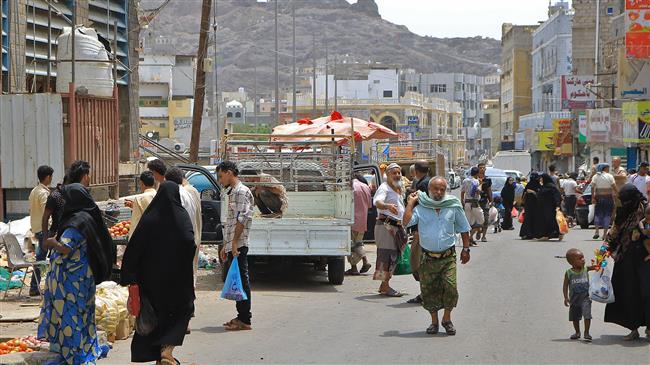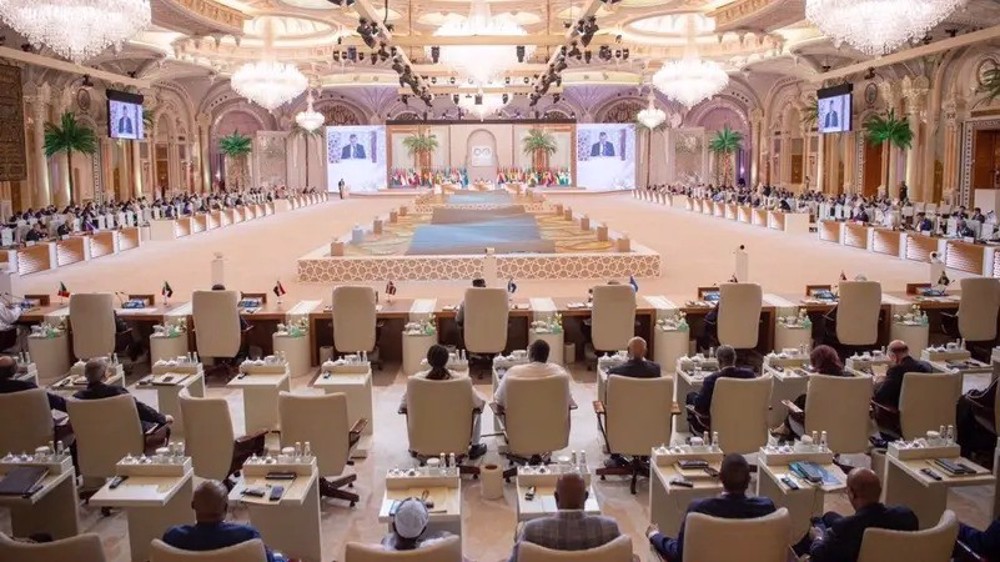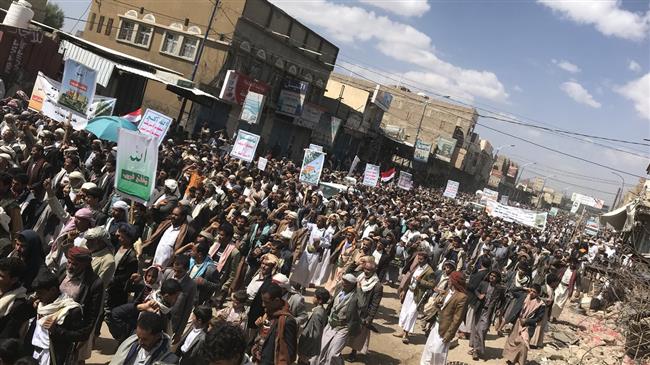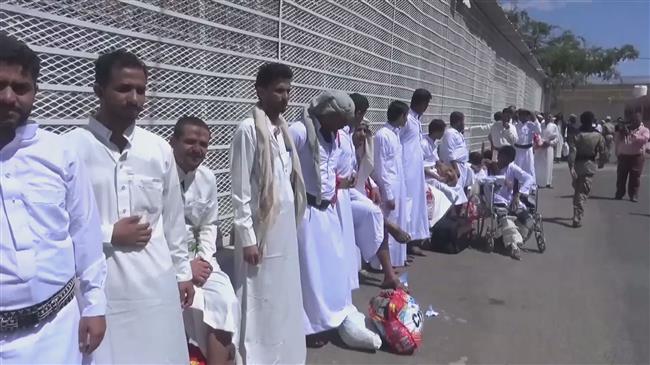Saudi hold talks with Houthis to break Yemen deadlock: Financial Times
Saudi Arabia has been holding talks with Yemen’s popular Houthi movement for the first time in more than two years in a sign that the kingdom is willing to end hostilities, The Financial Times reports.
The "back-channel" negotiations began after the Houthis announced they would stop launching retaliatory drone and missile attacks against positions inside Saudi Arabia if Riyadh stopped its aggression, the paper said Saturday.
“There has been a lot of progress in the talks,” a Dubai-based political commentator was quoted as saying.
“We are now in the last five minutes of the Yemen war,” Abdulkhaleq Abdulla told the British newspaper.
The paper, citing a Western diplomat, said the drone attacks on the Saudi oil facilities were key to the shift in Riyadh’s position.
"Another factor behind Riyadh’s shift has been the weakening of its coalition after the United Arab Emirates," it added.
The UAE is Saudi Arabia’s main ally in the military campaign against Yemen. But Abu Dhabi announced in July that it was drawing down its troop presence in Yemen.
The Saudi-led war has been deadlocked for years and experts have persistently said there is no military solution.
Top US officials visited Saudi Arabia after the recent drone attacks on Saudi Arabia's heart of oil industry and reportedly urged them to open negotiation channels with Yemen's Houthis.
In July, the Wall Street Journal said Pentagon officials had concluded that the war in Yemen had degenerated into "an unwinnable quagmire" and urged the Saudis to negotiate an end to the conflict.
After the Houthis said last they would halt missile and drone attacks into the kingdom, Riyadh agreed to halt its bombing raids. The Houthis, meanwhile, have released nearly 300 prisoners, including three Saudis, "in a goodwill gesture."
On Friday, the group offered the Saudi-backed former government a new deal for exchange of prisoners.
Through the release, the Houthi movement and its allies in the Yemeni army said they sought to underline their commitment to peace negotiations held in Sweden last December.
Saudi Arabia and a number of its allies launched a devastating campaign against Yemen in March 2015, with the goal of bringing the former regime of Abd Rabbuh Mansur Hadi back to power.
The US-based Armed Conflict Location and Event Data Project (ACLED), a nonprofit conflict-research organization, estimates that the war has claimed more than 91,000 over the past four and a half years.
The war has also taken a heavy toll on the country’s infrastructure, destroying hospitals, schools, and factories. The UN says over 24 million Yemenis are in dire need of humanitarian aid, including 10 million suffering from extreme levels of hunger.
VIDEO | 85% of Yemeni displaced people face daily hunger crisis
US House passes bill targeting charities and pro-Palestine groups
VIDEO | Supporting Gaza genocide
Hezbollah attacks Israeli forces after Lebanese homes blown up
World leaders, states hail ICC arrest warrants for Netanyahu, Gallant
MP: US accountable for possible Israeli 'foolishness' to attack Iraq
VIDEO | Israeli policies strangle Palestinian agriculture, economy
Iran's president offers condolences to Pakistan over terrorist attack
















 This makes it easy to access the Press TV website
This makes it easy to access the Press TV website